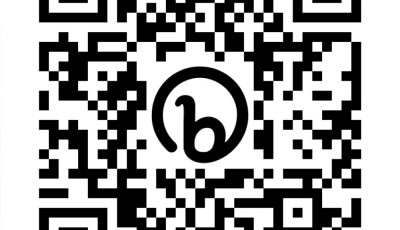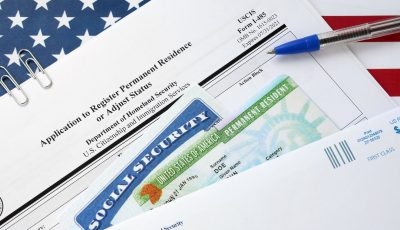Ninth Circuit affirms conviction of man who tried to sneak into LA-bound flight
The U.S. Court of Appeals for the Ninth Circuit has affirmed the conviction of a man who tried to sneak aboard a Los Angeles-bound flight using fake papers.
The Ninth Circuit judges ruled that because Dongjun Li possessed a fraudulent document purporting to allow him to physically enter the United States (and because authentic versions of that document are authorized by regulation), the motion to dismiss the indictment against him was properly denied.
The Ninth Circuit judges said that Congress did not define “entry into” or “authorized stay” in the statute or elsewhere in Chapter 75 of Title 18.
“Thus, we interpret entry to mean physical entry, or the act of physically coming into the United States,” the judges said.
In February 2012, a federal jury found Li, a Chinese national, guilty of immigration fraud and false statement.
The document fraud was related to his possession and use of fake advance parole documents when he tried to check in for a trip to California on July 15, 2011, at the Saipan International Airport using fake papers.
In February 2012, the court sentenced Li to 203 days of time served in jail.
Li, through counsel, appealed his conviction for unlawful possession of a counterfeit immigration document.
Li argued that under the legal entry fiction, whereby a non-citizen may be physically within the U.S.’s border without legally having effected entry, the advance parole document would not authorize him to “enter” or lawfully “stay” in the U.S. within the meaning of the criminal statute.
The Ninth Circuit judges said, “Where a statutory term is not defined in the statute, it is appropriate to accord the term in its ordinary meaning.”
“When there is no indication that Congress intended a specific legal meaning for the term, the court may look to sources such as dictionaries for a definition,” they said.



























